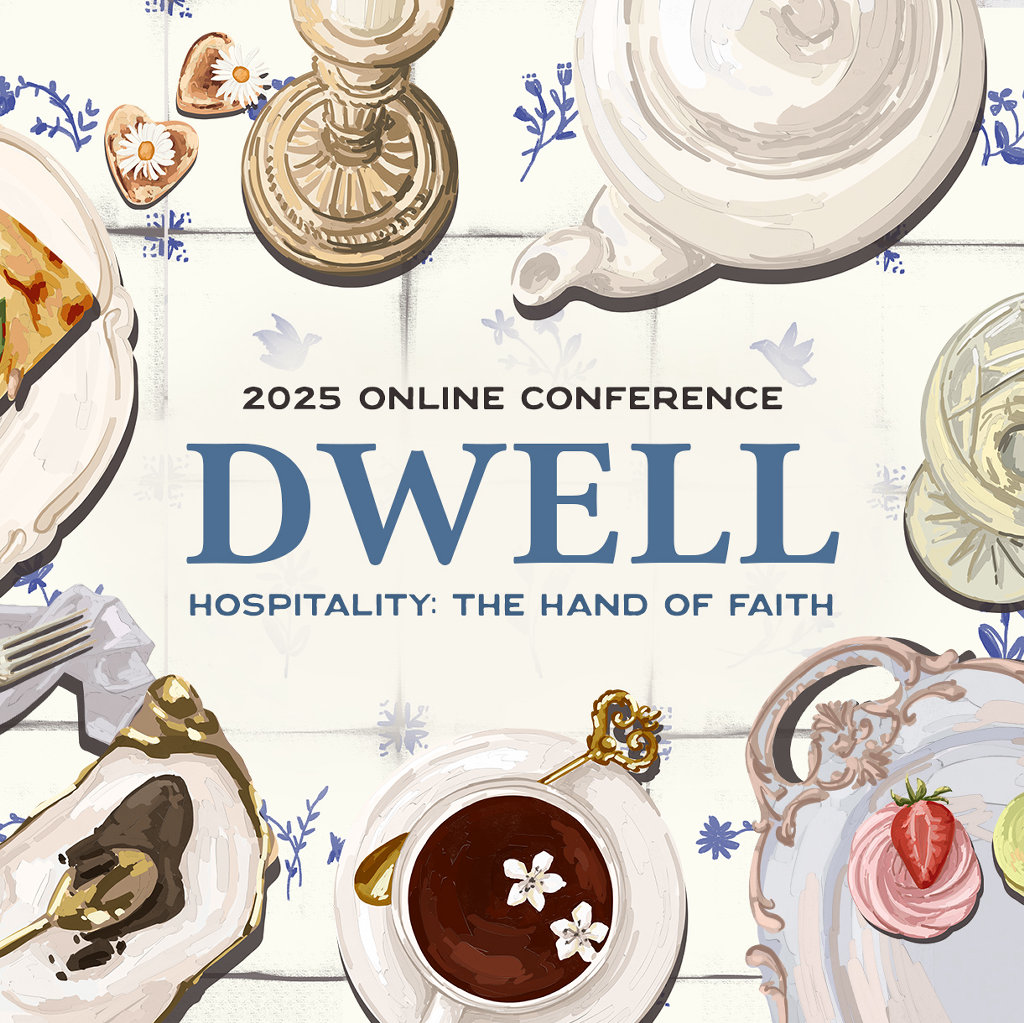No products in the cart.
Is Classical Education Masculine or Feminine?

Unlike classical or modern romance languages, English rarely uses gender categories for nouns and adjectives. English does not identify clocks as feminine, chairs as masculine, or tall as neuter. These categories regularly employed by other languages are largely absent from the English language affecting the way native English speakers see the world, even if this typically goes unrecognized. Consequently, those who speak a language with gender assigned to every noun see the world differently. For example, Greco-Roman mythology categorized trees as feminine and rivers as masculine. These categories extended beyond mere labels; the imaginations of the Greeks and Romans were enriched by identifying things according to gender. A relationship was formed between the speaker and the object at hand. Trees, considered feminine, were described in feminine terms: mother, goddess, sister, daughter, or wife. For example, the Dryads, spirits that inhabited the trees and were at play in the telling of Greco-Roman myth were considered feminine. Likewise, the Naiads that animated rivers were masculine, so rivers were something to be conquered or defeated because they were seen to have manly characteristics. Naiads were described in masculine terms: father, brother, son, or husband. Language shaped Greco-Roman theology: it shaped the world of those who spoke Latin and Greek, as it affects us today. For Spanish or French speakers, this may be more evident, but it is not altogether absent from English.
In The Old Man and the Sea, Ernest Hemingway gives a superb example of the significance of gender within language. Santiago, the old fisherman living in Cuba and making his living from the ocean, rows out to sea in the dark of morning; he reflects on the younger fishermen who view the sea and its inhabitants in masculine terms and on his own view that the ocean is feminine. He concludes that these perceptions of the ocean have weighty consequences for their work and people. Hemingway writes:
In the dark the old man could feel the morning coming and as he rowed he heard the trembling sound as flying fish left the water and the hissing that their stiff set wings made as they soared away in the darkness. He was very fond of flying fish as they were his principle friends on the ocean. He was sorry for the birds, especially the small delicate dark terns that were always flying and looking and almost never finding, and he thought, the birds have a harder life than we do except for the robber birds and the heavy strong ones. Why did they make birds so delicate and fine as those sea swallows when the ocean can be so cruel? She is kind and very beautiful, but she can be so cruel and it comes so suddenly and such birds that fly, dipping, and hunting, with their small sad voices are made too delicately for the sea. He always thought of the sea as la mar which is what people call her in Spanish, when they love her. Sometimes those who love her say bad things about her, but they are always said as though she were a woman. Some of the younger fishermen, those who used buoys as floats for their lines and had motorboats, bought when shark livers had brought much money, spoke of her as el mar, which is masculine. They spoke of her as a contestant or a place or even an enemy. But the old man always thought of her as feminine and as something that gave or witheld great favors, and if she did wild or wicked things it was because she could not help them. The moon affects her as it does a woman, he thought.
The beauty the old man sees in the sea is inspired by his relationship with a woman. Both are not to be conquered but loved. The way the fishermen think about life on land and at sea is determined by the gender given to the ocean. Hemingway shows something often hidden from English speakers: gender, when speaking of objects, shapes the relationship between the speaker and the object. Common examples are ships, countries, and cars, usually referred to as feminine. In referring to them as women, we take on a feminine relationship with those items.
What does this have to do with classical education? Classical education can be categorized as masculine or feminine. Whether it is masculine or feminine will shape how we relate to it. Is classical education a mother or a brother? What does that matter to students, teachers, and schools?
Classical education can be thought and spoken about as a woman who bestows great wonder and wisdom, or classical education can be like a man to contest with and conquer, like an enemy or the opposition: a hurdle to college admission or beacon leading to beauty.
Modernity wishes for classical schools, classical teachers, classical administrators, and classical students to see education in masculine terms. Education is something to possess, master, and utilize as one enters adulthood. It does not master you. Like the publican and the pharisee praying before the temple, it is not the thing itself but our measure in relation to it that is significant. The pharisee mastered religion and the publican wished to be mastered by religion. One wished to possess and own and the other wished to be possessed, caught up in it.
I propose that classical education is feminine. Tradition, even Lady Philosophy herself, would have us see her in such terms. Classical education is about being transformed by wonder, grace, and beauty with virtue flowing forth. It is not about the student mastering them, possessing enough to call themselves educated. The devil knows more theology than any of us, yet he does not love God. For him, charity (love) was transformed into a contest.
In speaking about the Lord of the Rings, Peter Kreeft captures this difference between being possessed and possessing. He writes, “The genius of wonder is desire; but it is not a desire to possess…[but] a desire to be possessed. It is not…greed but aspiration. Greed is like a toilet bowl flushing; wonder is like a fountain flowing.” Classical education is our educational mother. She nurtures the good, true, and beautiful within us. We should relate to her and speak of her as such, as something to transform us, to love, and to be caught up in. She is like a wonder, flowing like a fountain toward the Godhead, toward paradise. It is something to be conquered by, not to conquer.
Classical education is our educational mother. Classical education is feminine.
Travis Copeland
Travis Copeland is the Head of Upper School at Covenant Classical School, where he also teaches humanities. He has degrees in history and humanities. When not teaching or writing, Travis aspires to a Hobbit lifestyle of gardening, baking, poetry, and good fellowship around good food.








